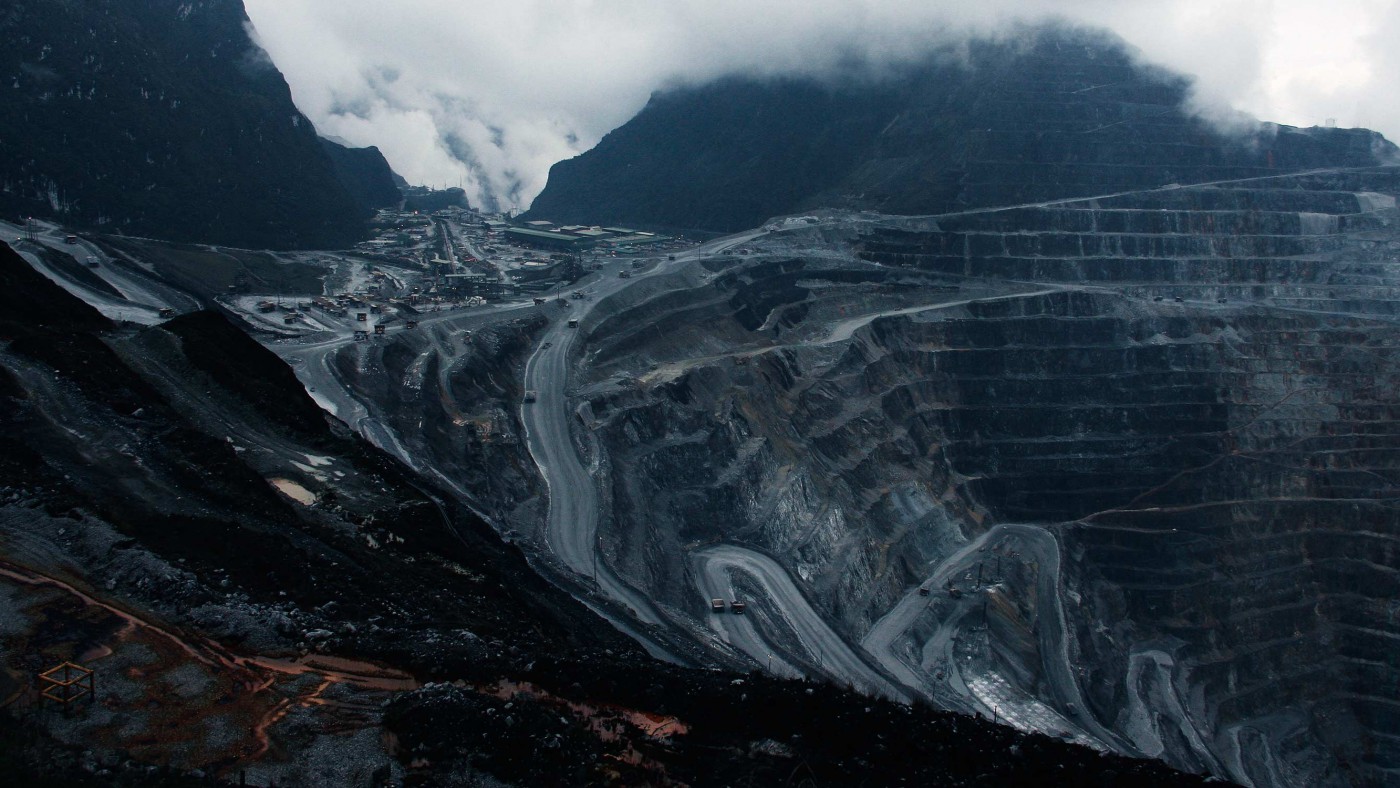I have nothing against the recycling of metals: I’ve done it for a living myself. However, just as with any other economic activity I would insist that we should recycle only if doing so actually adds value, makes a profit that is.
Dr. Duncan agrees that much of the recycling he is urging is not currently profitable: that’s why we must all be forced to do it by the Parliament of which he is a member. However, there are a number of confusions in his case.
The first being that rare metals are not so-called because they are rare. Rather, it’s because it is rare that we bother to extract them. Cerium is a rare earth, Duncan talks of it, and it’s more common than copper: not rare then.
Sadly, there is confusion about the jargon in use. Resources of indium (a metal that makes the screen on your mobile phone work) are around 50,000 tonnes, or 77 years’ worth of consumption. After that it will run out: this is not correct.
A reserve is a mineral deposit we have identified, drilled, weighed, tested, baked a fluffy cake out of and proven that we can extract using current technology, at current prices, and make a profit. A resource is the same, just we haven’t proved it. Neither reserve nor resource has any connection at all with how much of a metal there is out there. My own calculation for indium is there’s 34 million years’ worth. Enough to be going on with.
It’s terribly easy to get this wrong as most minor metals are produced as byproducts of doing something else. Indium as a result of zinc mining, germanium as a result of coal burning and so on. But this means that we cannot look at a deposit and state that it’s profitable to extract those minor metals. Because it isn’t: it’s only possible to extract the zinc and the indium. Thus, strictly, we’ve no reserves nor resources of indium. Which is why the usual estimations of when these things are going to run out are so wrong.
The best non-jargon definition of a mineral reserve is “the minerals we’re going to use in the next few decades”. To find that we’re going to use in the next few decades the minerals we’ve prepared for use in the next few decades is not evidence of a coming environmental nor resource use Armageddon.
However, I’ll give Dr. Duncan one point: “So it is with Rare Earth Elements, which are neither rare, nor earth.”
Quite, that’s why we don’t have to recycle them in an uneconomic manner.


